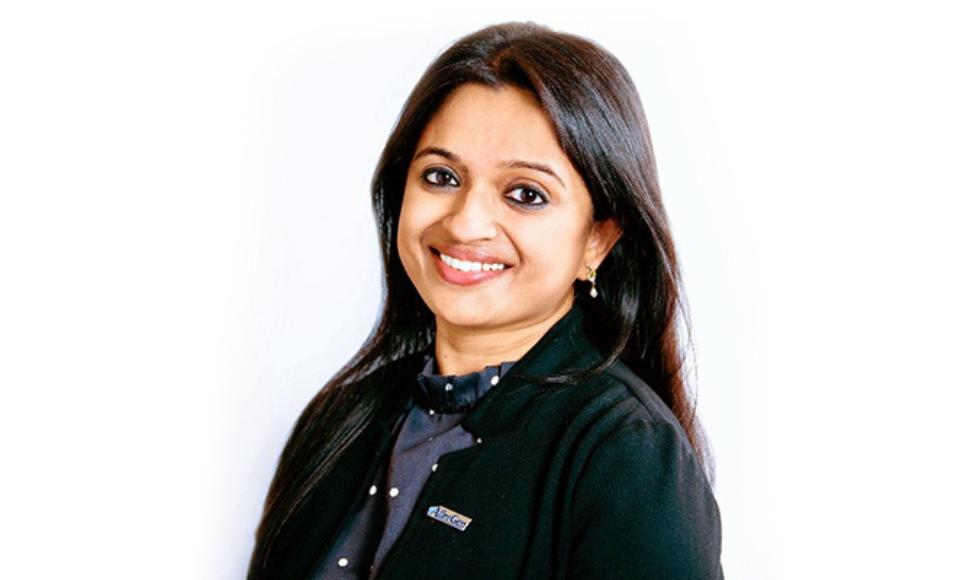Most long COVID patients recover within year, says study

Manali Mukherjee, an assistant professor of medicine at McMaster University, is the senior author of a McMaster-led study that has found the majority of people infected with the SARS-CoV-2 virus recover within 12 months, irrespective of its severity.
September 22, 2022
A McMaster University-led study has found that the majority of people infected with the SARS-CoV-2 virus recover within 12 months, irrespective of its severity.
However, although 75 per cent are recovered at the 12-month mark after becoming ill with the virus, 25 per cent of patients still had at least one of the three most common symptoms of coughing, fatigue and breathlessness.
Researchers also found that patients with persistent symptoms also had antibodies associated with autoimmune illnesses, as well as raised levels of cytokines, which cause inflammation.
Researchers surveyed 106 people recovering from COVID-19 infections at three, six and 12 months after contracting the disease. All patients surveyed were otherwise healthy and had no pre-existing autoimmune conditions or any other underlying diseases pre-pandemic.
The study has been published in the European Respiratory Journal.
“Generally, one should not worry if they are feeling unwell right after their infection, as the chances of recovering within 12 months is very high, and just because you have typical long COVID symptoms at three months does not mean they will stay forever,” said senior author Manali Mukherjee, assistant professor of medicine at McMaster.
“However, the study highlights that at 12 months, if you still feel unwell and the symptoms are persisting or worsening, you should definitely seek medical attention.”
Mukherjee said patients with persistent long COVID symptoms should see a rheumatologist, as they specialize in autoimmune disorders and can better assess development of rheumatological complications and the need for an early intervention.
She said that most patients with long COVID are currently assessed by respirologists or infectious disease specialists, who do not specialize in autoimmunity.
Mukherjee said that of the patients who recovered, a reduction in autoantibodies and cytokines was matched by their symptoms improving. Those who had elevated antibody and cytokine levels after one year were those whose symptoms persisted.
“Sometimes, while the body is fighting the virus, the immune system gets so amped up that, in addition to making antibodies that kill the virus, it can produce those that attack the host,” said Mukherjee.
“However, the general tendency of the body after it fights a severe virus like SARS-CoV-2 is to recover, and it’s often paced out varying from individual to individual.”
Mukherjee is leading the upcoming ‘Autoimmunity in Post-Acute COVID Syndrome’ study funded by the Government of Canada COVID-19 Immunity Task Force and she is Hamilton site lead for the Canadian Respiratory Research Network-Long COVID study, both of which are currently recruiting participants.
Mukherjee led her study in collaboration with researchers from the University of British Columbia.
Parts of the study were funded by grants from Cyclomedica (Canada), Weston Foundation, Michael Smith Foundation for Health Research, UBC Strategic Initiative Fund and the Government of Canada through its COVID-19 Immunity Task Force.


